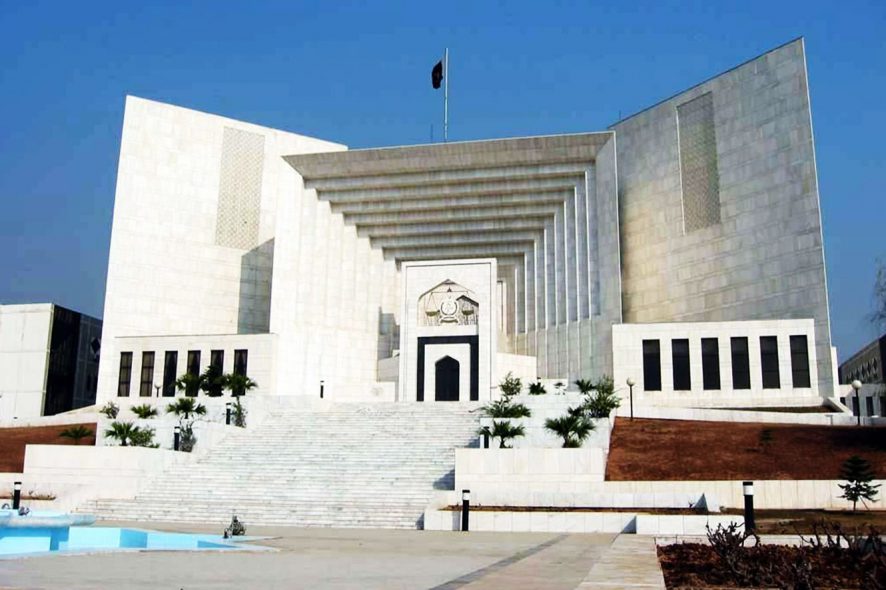Supreme Court of Pakistan: A 3-Judge Bench comprising of Mushir Alam, Faisal Arab and Sajjad Ali Shah, JJ. while hearing a petition against order directing fresh consideration of case, held that fair trial does not envisage recourse to successive remedies one after another against same impugned order on substantially same set of facts seeking substantially similar relief.
Respondent-tenant faced ejectment proceedings filed by appellant-landlord for default in paying rent. A tentative order directing deposition of rent arrears was passed by the Rent Controller but respondent failed to comply with the same and was directed to vacate the premises. However instead of vacating the tenement, the respondent filed an application under Section 12 of the Code of Civil Procedure, 1908 stating that he was paying rent in installments and hence believed that appellant has waived his right to seek eviction. Despite dismissal of this application by Executing Court, respondent filed another application under Section 47 CPC concealing that application under Section 12 CPC on substantially similar facts and grounds had been dismissed. The second application was also dismissed by the Executing Court. But the High Court, in appeal, set aside the dismissal order stating that ouster of respondent from availing his remedy before Executing Court was denial of fair trial. It is against this order, that the instant petition was filed.
The Hon’ble Supreme Court noted that facts and grounds in application under Sections 12 and 47 CPC were substantially same. It observed that the moment one intends to commence a legal action, he must choose to pursue one out of the host of remedies available to him under law. Once this election is made, he is prohibited from instituting another proceeding. This Doctrine of Election is based on principles of waiver of right as contained in Order 2 Rule(2) CPC, principle of estoppel embodied in Article 114 of Qanoon-e-Shahdat Order, 1984 and principle of res judicata articulated under Section 11 CPC.
Relying on its judgment in Fehmida Begum v. Muhammad Khalid, 1992 SCMR 1908 and judgment of the Supreme Court of India in Bihar State Cooperative Union Ltd. v. Uma Shankar Sharan, (1992) 4 SCC 196, the Court held that having exhausted his remedy under Section 12 CPC, respondent could not seek another remedy for the same grievance as it would lead to multiplicity of proceedings and amount to abusing the process of law. Accordingly, the petition was allowed and High Court’s order was set aside. [Trading Corporation of Pakistan v. Devan Sugar Mills Limited, Civil Petition No. 60-K of 2018, decided on 05-09-2018]






